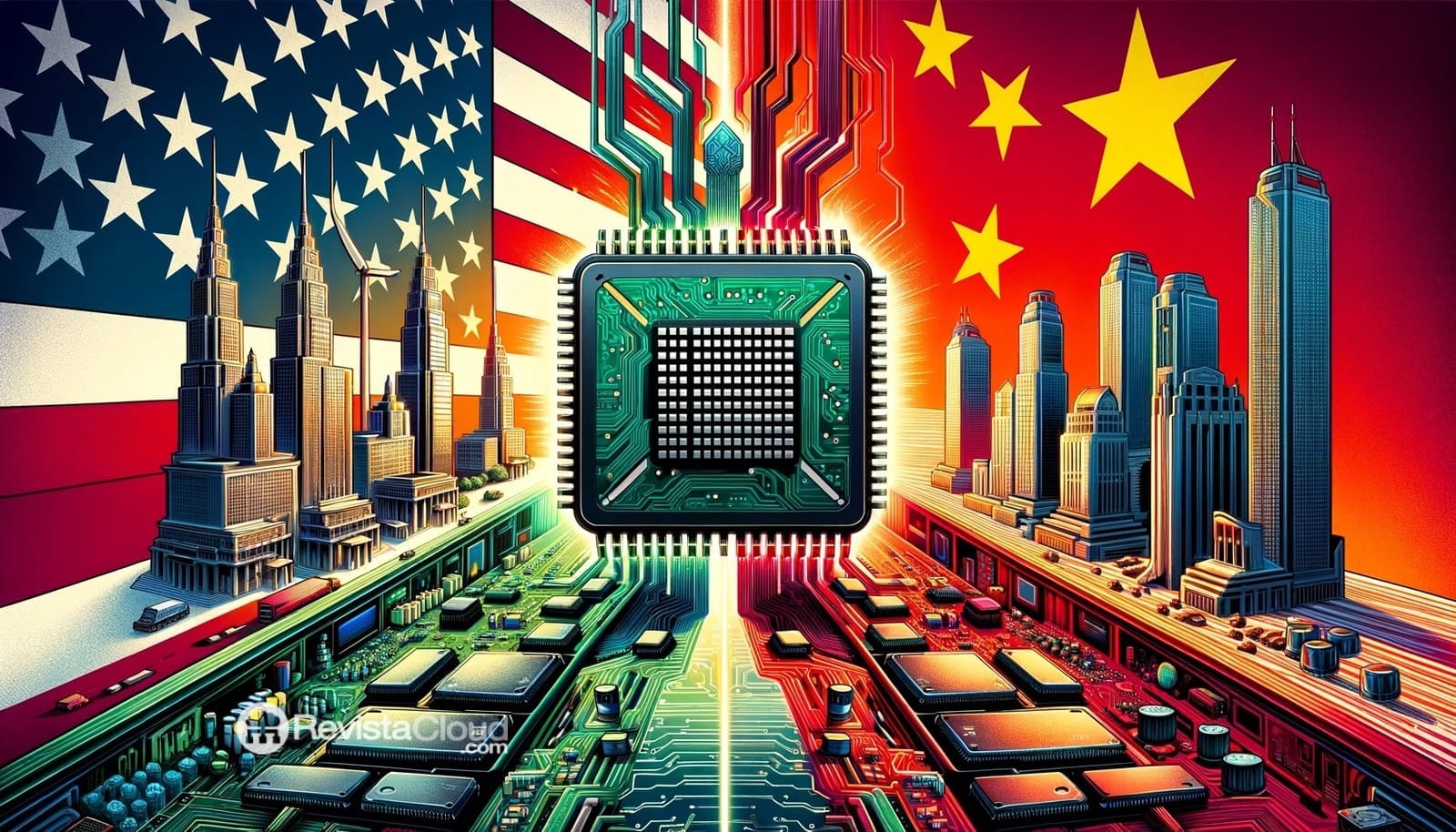The U.S. government has announced a new and ambitious regulatory framework to control the export of advanced artificial intelligence (AI) chips, aiming to maintain its technological leadership while restricting access to strategic competitors like China. This move represents one of the most aggressive attempts by the U.S. administration to protect its position in the global advanced technology market and mitigate associated national security risks.
A Global Tiered System
The new framework divides access to these chips into tiers. Twenty allied countries, including the UK, Spain,, Canada, and Japan, will have unrestricted access. However, other nations, such as Mexico, Portugal, Israel, and Switzerland, may face significant limitations, while stricter controls will be applied to China and Russia.
The regulation is designed to close legal loopholes that previously allowed countries like China to acquire advanced GPU technologies and other critical components, despite prior regulatory efforts. Additionally, the Biden administration seeks to strengthen controls so that the production and use of AI technologies remain under U.S. supervision, requiring that at least 50% of the computing capacity of cloud service providers, such as Microsoft and Amazon, be maintained within U.S. borders.
Impact on Industry and International Reactions
Leading chip manufacturers, such as Nvidia, have expressed opposition to the plan, arguing that these restrictions could affect the competitiveness of U.S. companies in a global market where the demand for advanced chips continues to grow. Some executives have also warned that the measures could inadvertently benefit foreign manufacturers, allowing competitors from other regions to fill the gap left by U.S. suppliers.
For its part, the European Union has expressed concerns about the implications of these restrictions for 120 countries. According to European officials, these limitations could hinder innovation and development projects in key areas, such as building data centers and AI-driven products.
Official Statements and Political Context
Jake Sullivan, the White House national security adviser, defended the regulatory framework by emphasizing the strategic importance of U.S. leadership in global AI development. “If it is China, and not the United States, that determines the future of AI on the planet, the implications would be profound,” he stated during a press briefing.
The framework includes a 120-day implementation period, allowing for adjustments that could depend on the incoming administration, whose approach to technology regulation may differ significantly.
A Geopolitical Move with Far-reaching Implications
Beyond technological competition, this measure represents an attempt by the U.S. to consolidate its influence over the entire global supply chain. At the same time, the framework could become a point of geopolitical tension, not only with China but also with allied countries that view the restrictions as unfair.
The impact of these decisions will depend on how the implementation of the rules evolves and on the responses of key players in the tech industry and the international arena. The enforcement of these restrictions will be a crucial topic for assessing the balance between national security, technological innovation, and international relations.
via: APnews

